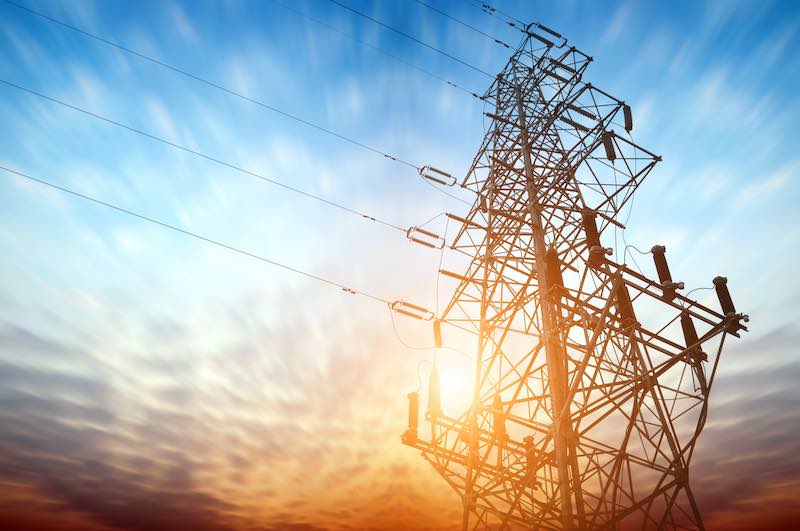Power Grid Was "Cleaner, Cheaper and Harder to Control" During Lockdown

Lockdown provided a glimpse of how a net-zero electricity grid will operate in the future, with heavy reliance on intermittent renewables and complex balancing requirements, new research from Imperial College London and energy firm Drax said.
The study, published Monday, analysed the impact of the coronavirus crisis on the UK’s power grid between April and June, when lockdown measures sent demand plunging to historic lows.
Low demand, paired with favourable weather, meant renewables like wind and solar power generated a larger portion of the country’s electricity than ever before, sidelining coal, gas and nuclear power. At one point, renewables contributed 69.5% of the UK’s electricity.
Wind, solar and biomass all set new generation records, with total renewable generation up 32% compared to the same quarter last year.
As renewables surged, coal power was switched off—for a record 67 days between April and June, a streak broken only when coal generating units at Drax’s North Yorkshire power station had to be fired up for maintenance.
Reliance on clean renewables meant that the carbon intensity of the UK’s electricity system plummeted, to an average of 153 grams of CO2 equivalent per kilowatt-hour across the quarter, the lowest recorded.
That included the greenest day ever for the power grid: Saturday 23 May, over the spring bank holiday weekend, when carbon intensity fell to just 21g/kWh.
Dampened demand and the low price of renewable power meant that the wholesale price of electricity similarly plunged: down 42% year on year.
However, low demand and reliance on intermittent renewables posed challenges for grid operators. To balance supply and demand and prevent the blackouts which can occur when the grid is oversupplied, National Grid Electricity System Operator (ESO) was forced to pay generators to disconnect, with renewable generators most commonly taken offline.
These constraint payments are a typical part of the cost of running the grid, with balancing costs making up 5% of wholesale power prices across the last decade, on average.
But during the spring those balancing costs rose to £100 million a month, accounting for around 20% of electricity prices.
Energy market regulator Ofgem has already launched an investigation into National Grid’s energy balancing system after total balancing costs rose to £718 million in the five months after lockdown was implemented—up 40% from usual. That included a huge deal, valued at between £55 and £73 million, with EDF to halve the output from nuclear power plant Sizewell B until September.
Lead author of the analysis Dr Iain Staffell said the study highlights the need for far more flexibility in the UK’s power grid, provided by battery storage and AI grid management technologies, to more efficiently balance supply and demand.
“The past few months have given the country a glimpse into the future for our power system, with higher levels of renewable energy and lower demand make for a difficult balancing act,” he said. “To help the country decarbonise further it is vital that flexible technologies which provide power and system stability play an increasing role in our grid.”
Mike Maudsley, Drax’s UK portfolio generation director, said: “It has been a challenging time for everyone in the country and for our power system.
“The last few months have underlined the importance of flexible, low carbon technologies to enable the UK’s power system to evolve and provide the secure and sustainable electricity supplies a zero carbon economy needs.”
Read on our blog

With the government poised to implement tough new measures to...

Budget broadband provider TalkTalk has been notifying customers via email...

A year-long investigation by charity Citizens Advice has revealed a...

Education Secretary Nadhim Zahawi has announced a new commitment to...
